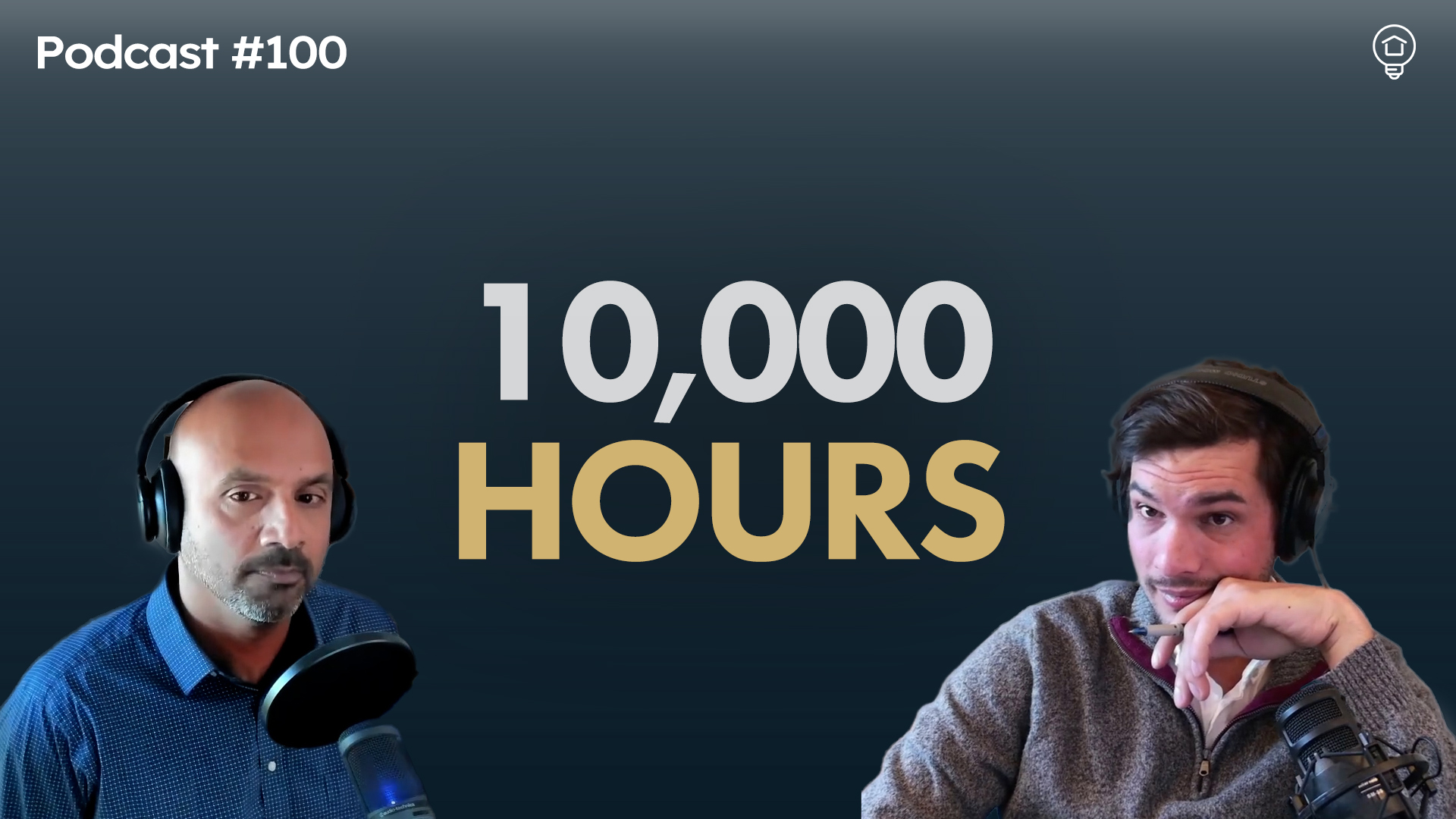How’s The Market?
In another life, I worked as an analyst on both the buy and sell side of the investment world. As you might imagine, I take analysis seriously and refrain from making forecasts without having done the research personally. I’ve taken a deep look at the data from last year, and based on how the first couple of weeks of January are shaping up, I’m ready to make some predictions on what to expect going forward. Let’s dive in.
When developing your strategy for buying or selling in 2023, here are four factors to consider.
Factor #1. Pent Up Demand
As I’m sure you already know, sales volume was well below average last year. The slow-down began in late spring and continued through the end of the year. The chart below is for Boulder County, but a virtually identical pattern exists in cities across the Front Range.

The shaded area of the chart represents the average sales volume for the preceding three year period. The yellow line is the last twelve months or, for this particular chart, the full year 2022.
High mortgage rates are the primary reason for low sales volume, as most buyers are focused on their monthly payments. Rising rates have cut purchasing power dramatically. Many buyers are sitting on the sidelines.
Again, the same pattern exists in Denver, Longmont, Fort Collins, and the City of Boulder. It differs in severity and when the drop actually began, but it’s more or less the same pattern. It also adds up over time. For example, by the end of the year in Boulder County, cumulative sales volume was down by more than 800 homes compared to the 3 year average. In Denver, 6,479 houses sold during the course of the year, 1,494 fewer homes or 18.7% below the average.
Ordinary people don’t buy homes like consumer products. Primary home buying is driven by job changes, liquidity events, moving up, or life events (such as child birth, relocations, marriages, and divorces). Investors buy homes because it matches their investment criteria. Rising rates may have shut off investor appetite, but the fundamental drivers for primary home purchases have not gone away.
In other words, there’s pent up demand and it’s growing. To what degree it exists is unknown, but you shouldn’t ignore it.
Factor #2: Constrained Supply
With weak market conditions, many potential sellers have decided to wait. Others have simply pulled their listings from the market entirely.
Show me the data, you say? OK. In the fourth quarter of 2021, there were 828 expired and withdrawn residential listings in IRES – the MLS that covers most of Northern Colorado (including Boulder). In 4Q22, there were 2,296 – an increase of 177%.
Take a look at the new listings chart below.

Again, the shaded area represents the average of the past three years. The yellow line is the last twelve months, or in this case, the full year 2022. As with pent up demand, there’s a cumulative effect to consider. New listings have been well below average since July. By the end of the year in Boulder County, we saw 582 fewer listings than average.
Now consider the equity that most potential sellers are sitting on. This isn’t the global financial crisis of the 2000’s. Mortgage underwriters have required decent credit and real income qualification for more than a decade. The Big Short days of fogging a mirror as the only qualification for a mortgage are long over.
Note: Down payment (or equity) varies, sometimes dramatically. Although we don’t do much business in Colorado Springs, the last time we represented a seller in the Springs, we were surprised that not only was 5% down the norm, but sellers were paying the majority of the buyer’s closing costs. Meanwhile, in the City of Boulder, the majority of deals are either cash or 20% down (or more).
Factor 3: Price Declines
I’m not sure what other agents are telling you, but a massive price decline has already happened. While some buyers and sellers are still wildly overbidding homes that don’t deserve a premium, the vast majority of active market participants are behaving more intelligently.
Oh, you’re from the Show Me State? Me too. Let’s look at the data:

The chart above shows the monthly median sale price for single family, detached houses in Boulder County from January 2018 through December 2022. Median $/SQFT is a better representation of what’s happening in the market than average, which is prone to skew more wildly each month. You’ll see the same pattern in larger markets like Denver.
Peak to trough, the median sale price has now fallen more than 23% for single family houses in Boulder. In Denver, the drop has been 18.4%. Some markets in the Front Range are showing a strong January bounce upwards, but it’s unclear if that will be sustained into 2023.
Factor #4: Distribution of Supply and Demand
As I’m sure you have heard, all real estate is local. What this means is that the characteristics of supply and demand varies dramatically, from city to city, neighborhood to neighborhood, right down to the street level. Demand in some neighborhoods, like Newlands in Boulder, is so strong that it’s unlikely there will be higher inventory and lower prices in the near future. Meanwhile, other neighborhoods in Boulder County are starting to see inventory increase to the point that prices have indeed already fallen dramatically. Remember: intelligent real estate decisions require deep market knowledge.
The following chart shows current inventory in Boulder County for single family, detached houses. As of this writing, 32% of homes available for purchase are currently under contract.

This is a far cry from the last few years, when it was routine to see 50% or more of inventory under contract. Now take a look at the same data, sliced up by price range:

Inventory under contract can be more than double in some market segments than others. Certain segments are now also in the 20% range under contract, equivalent to 5 or 6 months of inventory, a threshold which many economists consider a “balanced” market.

This next chart shows the distribution of current inventory on a scatter plot showing square footage versus price. The white dots are pending sales, or houses currently under contract. The orange dots are houses that are listed but do not have a contract in place.
Contrast that with our last chart – which shows distribution of sale prices vs square footage for the entire year 2022.

Conclusions
Although we closely track market conditions, nobody has a crystal ball. The future is uncertain, and if anything can be relied on, it’s the enduring impact of Black Swans. With that said, this is how things seem likely to play out in ’23.
- The high end is where the action lies. As the distribution charts above show, depth of market is inversely proportional to price. No surprise, but inventory is also clearly building at prices in excess of $2M. If further price declines occur, there’s more chance of it at the top end of the market. This is what happened during the Global Financial Crises. Keep in mind that sellers in this market segment are least likely to be pinched financially by rising rates. The ones who actually come to market are likely motivated. Many (if not most) buyers above $2M are cash. Large discounts will continue to be negotiated on stale listings for 1Q and possibly 2Q.
- Expect somewhat more realistic pricing for mid-market properties. Price declines have already happened, statistically, from the peak. Most sellers have gotten the message that the 2023 market will not be the same as 2021 or even the first half of 2022. This means accurate pricing to competitors, home preparation, staging, and professional presentation will become more vital. The days of sticking a sign in the yard and getting a bidding war are largely now over. This is where depth of market is greatest and buyers are more impacted by high mortgage rates. If there are further price declines in this market segment, they will be mild, unless the stale-mate between buyers and sellers continues past 2Q.
- At the entry level, expect little change in prices for well supported markets like the City of Boulder. As with the last correction, it is more likely to occur in the L’s and suburbs of Denver, but there is also a lot of cash ready to scoop up these properties. Some will be flipped up to the mid-market. Others will become rentals. During the last downturn, the entry level saw the slimmest price decline and the shortest downturn duration. History doesn’t repeat, it rhymes.
Our Advice
Buyers at all price ranges should be highly selective when it comes to their home purchase and plan for a longer ownership horizon to avoid short term capital losses. This is even more important in segments of the market that are thinly traded or worse, seem to be a complete outlier. Only compete in a bidding war for clearly desirable properties and do so with discipline after a thorough review of the comps.
Sellers should be realistic about the marketability of their property. Don’t believe listing agent presentations that are filled with egoistic happy talk about the agent’s ability to circumvent current market conditions. Mr. Market almost always wins in the end. Until rates stabilize and a new normal is established, buyers will be very selective and skittish. Getting it under contract is not the same thing as closing the deal. Many buyers will continue to use contractual contingencies to terminate due to their uncertainty. Smart listing agents plan for this ahead of time and will help you take risk off the table for the buyer, increasing trust and helping you close the deal.
At House Einstein, our team is committed to helping our clients make smart real estate decisions. This means a data-based approach and a deep commitment to service. You won’t hear us talk about how the market “feels” and we won’t regurgitate national or state level statistics without a contrasting discussion of what’s happening locally. During the last few years, we have improved and expanded our services to both buyers and sellers. For every listing, we now employ a marketing package that was previously only reserved for higher-end luxury homes. For every buyer, no matter what the price range, we’re dedicated to providing you in-depth market analytics, negotiation expertise, and due diligence support.
If you’re thinking about buying or selling in Denver, Boulder, or anywhere on the Front Range – contact us at 720.310.5007. We’re here for you. |





















